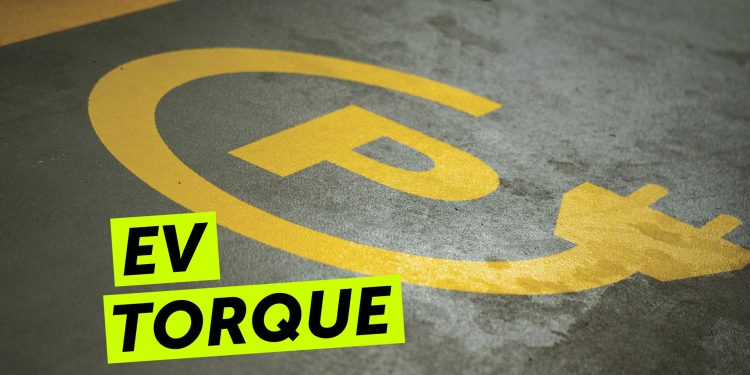EV Torque – The Real State of the EV Nation
Words: Mark Gilbert
The start of 2024 has not gone so well for EV sales, the numbers down dramatically following the death of the discount.
And the experts say it’ll take months for the market to normalise as people brought forward their purchasing decisions in December last year to be eligible for the last of the discounts.
As Kirsten Corson, chair of Drive Electric, was reported as saying; “We will see low EV sales for a while. Whatever you think of the Clean Car Discount policy, it really worked.
In 2018, two per cent of new car sales were electric. Last year, we were at 27 percent.” But it is to be expected, as EV sales are linked to incentives. Germany recently ended its scheme, having spent some 10 billion Euros on it, and sales since have halved.
At home, we didn’t spend quite as much, new Transport minister, Simeon Brown, saying that the CCD had cost taxpayers $339 million since its inception, as fees collected were less than the rebates handed out to buyers of low emission vehicles.
And that’s a point; hybrid owners benefited initially from this as well, so not all the money has been gifted to EV buyers.
A report commissioned by Drive Electric estimated that by the end of this decade, one in five cars sold would be an EV if the CCD were still in place, though this is now likely to be one in 10 with it gone. It will be good to circle back in six years to check on those stats.
This slowdown will affect the number of EVs offered in the used market. With businesses now looking closely at expenditure, they are less likely to buy a new EV without the incentive to do so.
As the vast majority of Kiwis are second-hand car buyers, this will stymie the wider uptake of EVs in the next few years.
While there are now more affordable EVs on the market, particularly those from China (with more to come), these are still more expensive than the ICE equivalents, Corson saying the fabled price parity (in the mass market at least) with EVs and ICE is still six years away.
Incentives sure do work; who doesn’t want free money? The French government recently had to prematurely end a special EV leasing subsidy for low income earners.
The scheme was aimed at addressing the fact that those on lower incomes could not afford to upgrade to zero emission mobility. However, it was wildly popular, and was halted after the funds for 20,000 BEV leases (€1.5 billion intended to last the year) were hoovered up in less than two months.
So there’s a demand from those looking to lower their emissions and energy costs but it requires the political will to enable it.
However, it seems that there are still many factions in society willing to cast EVs in a negative light. A Lords enquiry in the UK found that there was a common thread of disinformation regarding EVs in national newspapers.
A UK Department for Transport official, testifying before the committee, said that, “there has been an impact from a concerted campaign of misinformation over the last 14 months or so that has been pushing consistent myths about EVs that people absorb and which is reflected in their appetite [for EVs].
There is an anti-EV story in the papers almost every day. Sometimes there are many stories, almost all of which are based on misconceptions and mistruths, unfortunately.”
While local reporting on EVs seems to be balanced in New Zealand, we are free to absorb media from around the globe via the web and social media, the latter programmed to feed one’s appetite on subjects of interest regardless of the source or authenticity.
The head of the Lords committee said the UK government needed to step in and provide reliable information to consumers, along with committing to extra funding for charging infrastructure.
This is something the new government has promised here, but will it be an easy one to sacrifice given the ‘fragile state of the nation’ that we are told the former Government has left us in?
This article first appeared in the March 2024 issue of NZ Autocar magazine.





